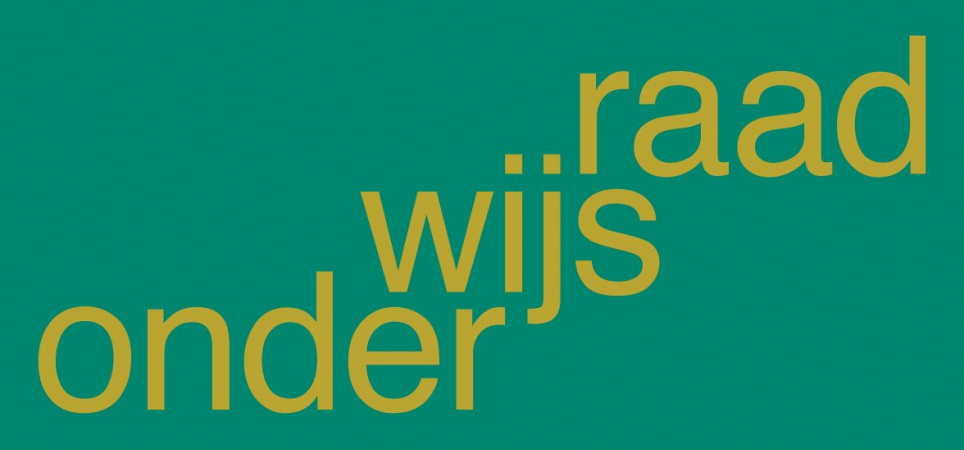Education Council: Investments in education are 'crucial'
According to the Education Council, targeted, structural investments are desperately needed to maintain the quality of education. Extra money for teachers and offering equal opportunities must be the guiding principles in order to face the corona crisis, the council writes today in an advice to ministers.

Picture: Education council
'Education is crucial to lead the Netherlands out of this crisis and to offer prospects for young generations', the council states in the report 'Looking ahead for young generations'. Although the pandemic will cause government debt to skyrocket, it must not lead to austerity measures. 'Education is a long-term investment with individual and social returns'.
The entire education system will be faced with scarcity, for example in the space available in schools. Teaching time and guidance for pupils and students will also be more limited due to the corona crisis. The council advises schools to (financially) help them to expand their capacity.
Education is a long-term investment with individual and social returns
Focus
Focus is needed, which is why the researchers point out five topics that the education ministers should focus on to deal with the consequences of the corona crisis. Investments must go to teachers and school leaders, equal opportunities, reading skills, access to the labor market and guaranteeing tests and exams at times of transition.
Teachers and school leaders have made a lot of extra effort during this crisis to keep education running. The already existing teacher shortage could become even more acute due to the corona crisis, the council warns, because teachers are becoming overworked. "How long the extra efforts can be sustained is a major point of attention," the report states.
Salary gap
Investments to make the sector attractive, so that more people choose a teaching job, are desperately needed. Thus, the problem of the pay gap between primary and secondary education must be solved. The council also proposes to make targeted investments in the salary and working conditions of teachers who work in schools where the shortage is greatest. More attractive career prospects, enough time to prepare for education and support staff who are deployed more or differently so that teachers can concentrate on their profession are other advice to make education more attractive. As well as good guidance for lateral entrants and starters.
Opportunities
The corona crisis has made differences in opportunities more visible. The council notes 'significant differences' in participation in distance learning. For example, pre-vocational secondary education students and students in practical education participated less often than students in HAVO and VWO. To improve the chances, the council proposes to ease the flow and to postpone selection moments. An investment in well-trained school leaders and teachers who teach in schools with more students from disadvantaged backgrounds is also important.
In order to improve the opportunities, the council proposes to ease the flow and to postpone selection moments
Vocational education has proved to be particularly vulnerable. A lot of education has shifted to internships, the council sees, but that is a problem during the pandemic. Learning and work places are now disappearing. The specializations in the training offer for specific professions also makes students less flexible when demand in that sector decreases. The council wants continuous training and development to become a permanent part of the education system.
Review
Tests and exams are also an important point. Researchers advise to think about a different way of testing or a better distribution throughout the school year. If there are several variants for the final test and central exams, pupils do not all have to come to school at the same time. The test question is particularly relevant in higher education, because large numbers of students take exams there simultaneously.
We have been arguing for more investments in education for years. This was already necessary with the teacher shortages, but is even more urgent now with the corona crisis
Investments will also be required in higher education to absorb the financial consequences of the crisis. If many international students stay away, this can have consequences for programs that are no longer financially strong and have to stop.
Extra investments
AObchairman Eugenie Stolk agrees with the choices made by the Education Council. “We have been arguing for more investment in education for years. Mainly to make the salaries of the staff attractive and to relieve the workload. That was already a major issue due to the teacher shortage, but this corona crisis shows once again and clearly that it is really necessary. I am pleased that the Education Council has also noted this. ”


